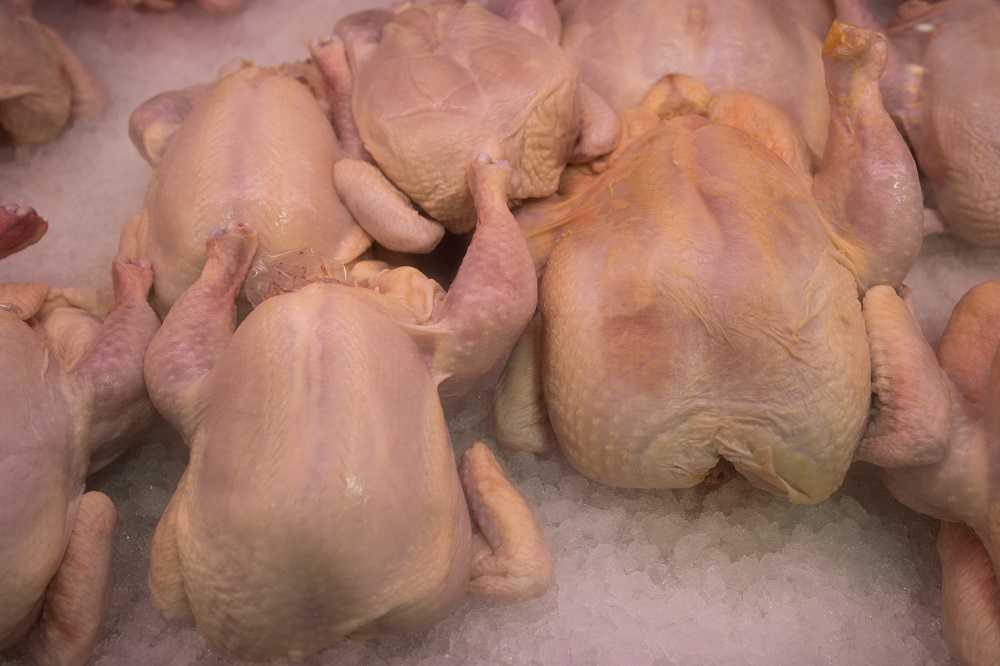### The Intersection of Trade and Local Industry: South Africa’s Poultry Sector Under Threat
The poultry industry in South Africa is currently facing a perfect storm of challenges brought on by the expiration of the African Growth and Opportunity Act (AGOA) and an influx of chicken imports from the United States. Local farmers and producers are expressing serious concerns that these developments will severely disadvantage them, undermining both their livelihoods and the broader agricultural sector.
### AGOA and Its Implications
The AGOA, an initiative aimed at enhancing trade between the U.S. and sub-Saharan Africa, provided numerous benefits for South African exports. However, with its expiration, local poultry producers feel they have lost valuable advantages. They argue that the removal of anti-dumping rules—initially implemented to protect against unfairly low prices on imported chicken—enables U.S. exporters to dump their products duty-free into South African markets. This not only jeopardizes local production but also nullifies the objectives outlined in the country’s poultry master plan.
### Economic Ramifications for Local Producers
The economic stakes are high: South Africa’s poultry sector is worth approximately R72 billion and supports over 100,000 jobs. Local producers fear that unfavorable trade terms might lead to significant job losses and a decline in the quality and availability of locally produced chicken. CEO of the Poultry SA Association, Izaak Breitenbach, emphasizes that their industry is being used as a bargaining chip to negotiate lower tariffs on South African goods. As he points out, the current influx of up to 30,000 tons of imported chicken highlights the negative impact that trade concessions are having on local producers.
### The Role of Fairplay and the Anti-Dumping Movement
Fairplay, an anti-dumping advocacy group, underscores that poultry dumping is not just an economic issue but also a moral one. By allowing chicken to be imported at unreasonably low prices, they argue, local producers are effectively driven out of business. This practice threatens not only individual livelihoods but also the integrity of the domestic market and the overall stability of the country’s economy.
### A Delicate Balance: Trade vs. Food Security
Matshidiso Lecoasa, chairperson of the Budget Justice Coalition, raises critical points about the links between food insecurity and trade policies. She argues that prioritizing export crops, including poultry, can exacerbate domestic hunger. While earning foreign revenue is beneficial, the real challenge lies in ensuring that South Africans have affordable and nutritious food options. The distinction between boosting export numbers and improving local food security is essential for creating a balanced and equitable agricultural framework.
### The Trade-offs of AGOA Renewal
Experts like Ayanda Ngxumeshe from Tshwane University of Technology caution that South Africa must carefully evaluate its position regarding the AGOA renewal negotiations. While the act provides valuable access for South African goods like wine, citrus fruits, and macadamia nuts to the U.S. market, if poultry becomes a bargaining chip, it could compromise the entire domestic value chain. Maintaining a balance between securing international trade opportunities and protecting local industries is crucial for the future of South Africa’s poultry sector.
### The Larger Perspective on Fair Trade Practices
Fairplay seeks to redefine the terms of trade in a way that champions fair practices. They propose that by instituting fair trade agreements that protect local producers, South Africa can pave the way for sustainable economic growth. This would help stabilize prices, improve food security, and ensure that all citizens have access to high-quality poultry that meets their nutritional needs.
By examining the broader implications of these trade agreements and their effects on the local poultry industry, it’s clear that South Africa faces significant challenges ahead. The interplay between international trade policies and domestic agricultural sustainability is complex and requires thoughtful consideration to navigate successfully.



